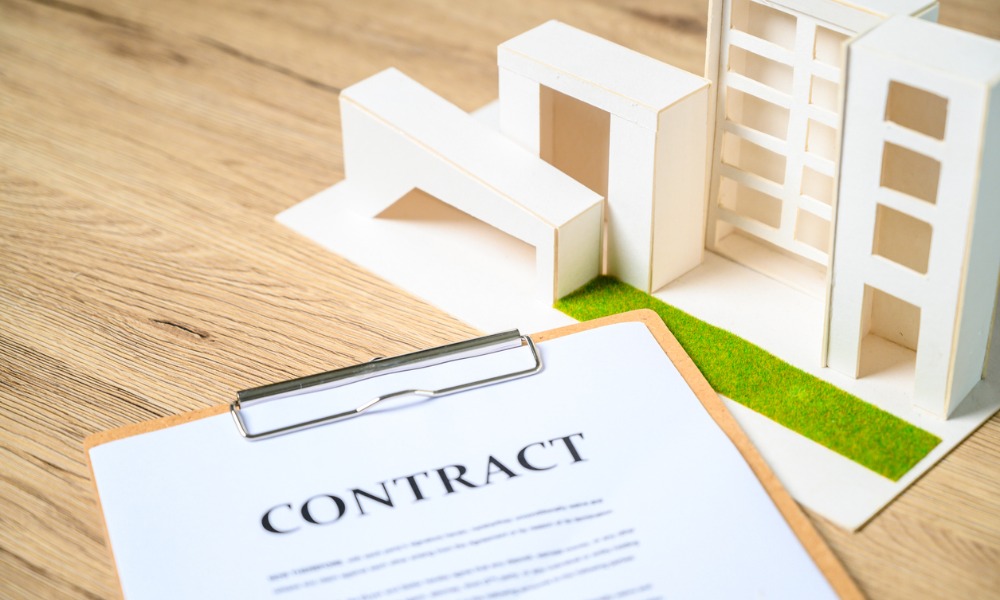New home sign-offs hit lowest level since 2013

Building approvals in Australia have reached their lowest level in more than a decade, according to seasonally adjusted data from the Australian Bureau of Statistics.
In the year leading up to November, only 166,127 new dwellings were approved for construction, marking a significant decline in the construction of new homes, The Australian reported.
That’s the lowest annualised number of new home approvals since June 2013, when just 165,327 dwellings received a sign-off.
The decline in building approvals can be attributed to various factors, including the soaring costs of materials, land, finance, and labour, according to The Australian. These rising costs have made it increasingly challenging for developers to proceed with new construction projects.
Additionally, the nation is currently facing a housing crunch, with a rebound in house prices posing a threat to homeownership dreams, and limited rental stock further exacerbating affordability issues, particularly in capital city markets.
Recent trends in building approvals
Although there has been an annual decline of 4.6% in new dwelling approvals, the data for November showed a surprising 1.6% increase, surpassing economists' expectations of a 2% fall, The Australian reported. This increase was primarily driven by a rise in approvals for apartments and townhouses, which saw a 6.7% increase in November.
In contrast, approvals for new detached houses experienced a 1.7% decline.
Outlook and expert opinions
Economists have noted that while building approvals remain subdued, there are some positive signs emerging. Commonwealth Bank economist Harry Ottley saw the beginnings of a modest upward trend.
“There are some green shoots emerging,” Ottley told The Australian. “The slower pace of tightening from the RBA is likely supporting approvals from very low levels. If monetary policy is eased this year, approvals can increase more materially given there remains high underlying demand for new housing amid the current shortage.”
Read next: Top property predictions for 2024
Ottley also suggested that if monetary policy is eased further, approvals could increase more significantly due to the high underlying demand for new housing amid the current shortage.
However, ANZ senior economist Adelaide Timbrell cautioned that prevailing economic conditions continued to hinder stronger gains in building approvals.
“Higher funding and building costs are keeping approvals from rising meaningfully,” Timbrell told The Australian.
Timbrell also highlighted the significant population growth in Australia, which has outpaced the slower rate of building approvals. This has led analysts to warn that pressures on housing supply and rental costs are likely to persist for some time.
Have something to say about this story? Let us know in the comments below.



